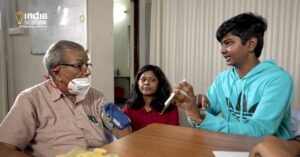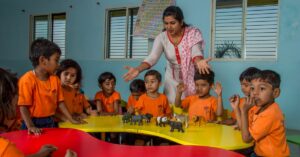This Delhi NGO Has Been Fighting Baby Food Brands & Promoting Breastfeeding across Asia for 25 Years
Breastfeeding Promotion Network of India, is working assiduously to ensure that the age-old infant feeding practice does not disappear altogether.
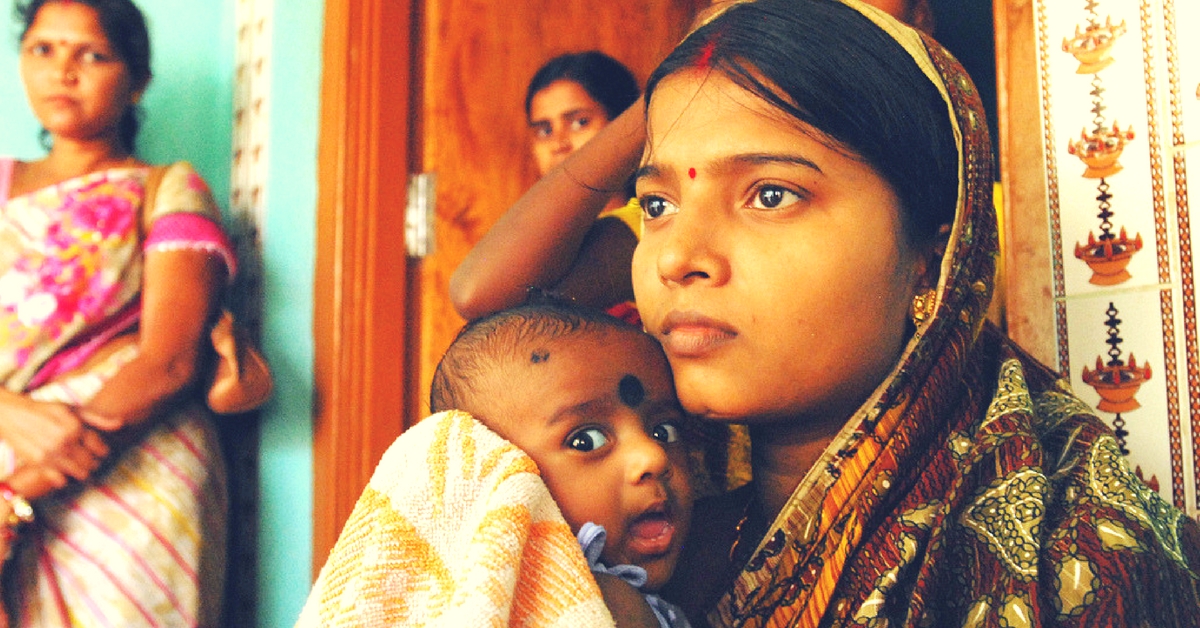
Despite the fact that breastfeeding is the natural way to provide an infant with nutrients, breast milk is slowly losing out in popularity to the skillfully packaged, well-marketed infant feeding formula. But one Delhi-based organisation, Breastfeeding Promotion Network of India, is working assiduously to ensure that this age-old infant feeding practice does not disappear altogether.
According to a joint report presented by the Breastfeeding Promotion Network of India (BPNI) and the Public Resources Health Network in 2015, as many as 14.5 million babies, which is 55% of all newborns in India, are deprived of optimal feeding practices in their first year after birth.
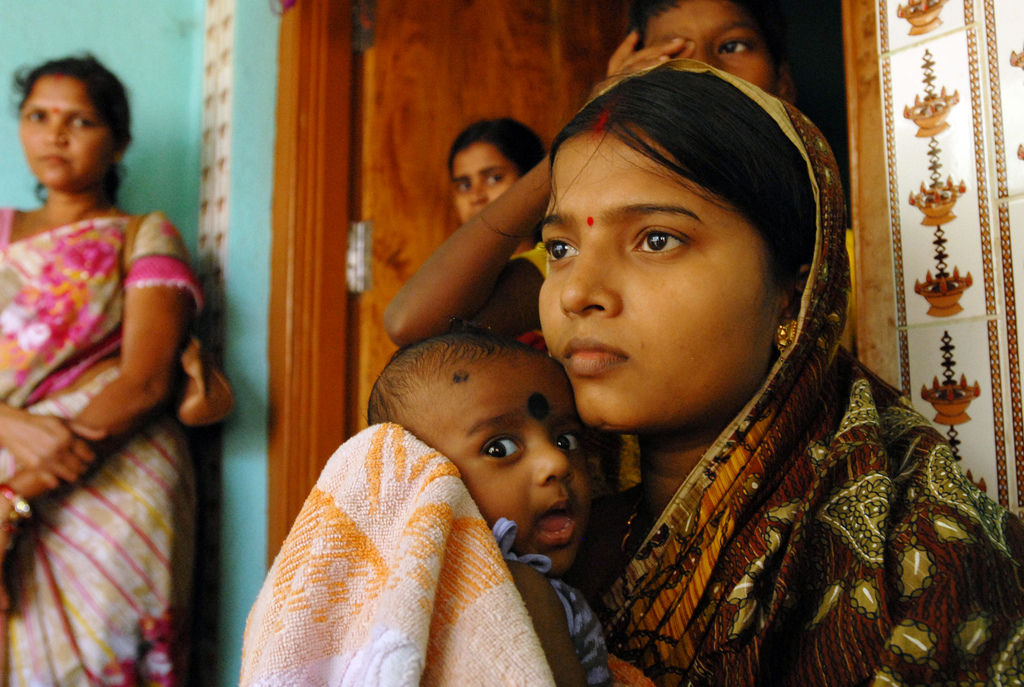
Source: flickr
Paediatrician Dr. Arun Gupta founded BPNI in 1991 after he realised that both his children had to be bottle-fed six months post-delivery because they had no support/counselling from the health care system. Even in the late 1980s, his children were forced to give up breastfeeding since the bottle-feeding culture was prevalent across major towns and cities in India.
He noticed that the health care system had a lot to benefit from ‘free supplies’ of baby formula and the ‘sponsorship’ of academic meetings. According to him, the doctors had a half-baked view of what breastfeeding is and some of them even thought that it was impossible to practise it as an exclusive source of nutrition for infants.
Despite being at the receiving end of jibes from friends and relatives, he attended a skill-training workshop on breastfeeding and lactation management at a conference organised by the International Baby Food Action Network. Soon enough, BPNI became a part of this organisation’s international network and it currently serves as the Regional Coordinating Office of Asia to encourage optimal infant and child feeding nutrition in over 25 countries.
With this collaboration, the organisation started analysing breastfeeding trends in Asia through a project called World Breastfeeding Trends Initiative.
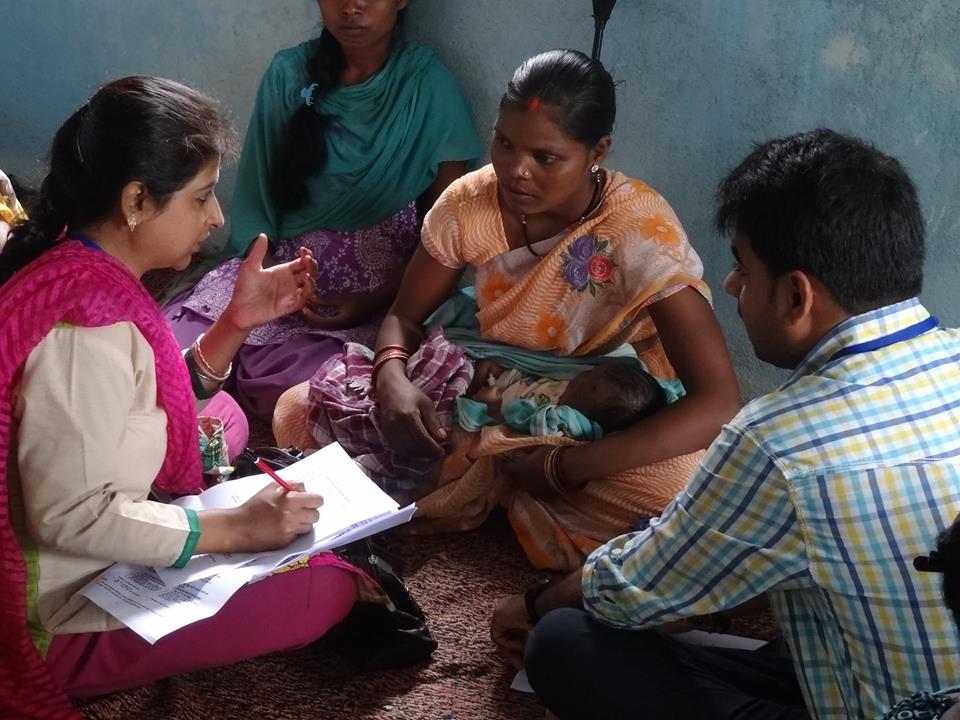
It begins with a volunteer run group in a particular country, which analyses trends related to infant and young child feeding (IYCF) practices. After the initial analysis is completed, the group submits a report card with 15 indicators in IYCF. The indicators include National Policy Programme & Coordination, Baby Friendly Care & Baby-Friendly Hospital Initiative, Implementation of the International Code of Marketing of Breastmilk Substitutes, and Maternity Protection.
In their recent joint report called ‘Arrested Development’, which covered 80 countries, India scored 78 out of 150 on both policy and practice indicators. This is a slight improvement from its score of 74 in the last assessment of 2012. Other countries in Asia have scored much better than India in the promotion and practice of breastfeeding scores: Afghanistan (99/150), Bangladesh (107.5/150) and Sri Lanka (129/1250.)
The lack of maternity benefits/paid-leave, infrequency of surveys and failure to convert ICYF guidelines to national policies are some of the reasons why the IYCF indicators have not seen a steady rise.
It is essential to keep in mind that WHO has recognised ‘poor infant feeding’ as one of the leading risks, which causes neonatal deaths.
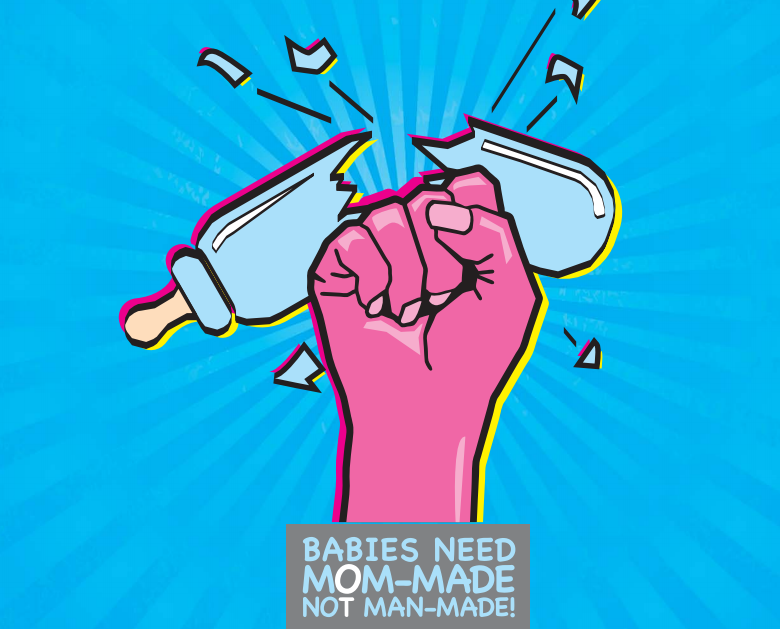
A decisive victory for BPNI came with the enactment of the Infant Milk Substitutes Feeding Bottles, and Infant Foods (Regulation of Production, Supply and Distribution) Act in 1992. This Act sought to regulate the marketing practices of major baby food companies in India, so that they do not influence mothers. There are various clauses regarding promotion, marketing technique, labels, and sponsoring doctors.
Nupur Bidla, a Senior Programme Officer at BPNI, said “Because of our political advocacy, the baby food industry is not allowed to promote food for children under two years of age through television or any other mass media platform. This was done to protect the practice of breastfeeding. Another provision of this Act bans the baby food industry from pushing sales using discount offers. So, we monitor whether companies are complying with all the clauses that are stated in the Act. If they do not follow the regulations, we notify them and file legal cases. We have a dedicated lawyer in our organisation for this, who files a report in the Ministry of Women and Child Development.”
So what is the biggest threat to breastfeeding across the world? Nupur says, “It is when a mother imbibes the feeling that she’ll not be able to produce enough milk. Breastfeeding production is completely dependent on two hormones: prolactin and oxytocin. If a mother is stressed, doubtful or anxious, it affects the production of milk. The baby food industry plays on a mother’s insecurities about not being able to produce enough milk and offers an alternative. Nobody tries to ease the mother’s anxieties or counsels her about breastfeeding. In this day and age, we have made formula the first food for an infant.”
Some women are unable to produce breast milk in spite of everything; in such a scenario taking baby food is encouraged. According to Nupur, doctors prescribe formula but do not educate young mothers about its effects on their children’s health.
BPNI organises national and state-level training programs to create IYCF counselling specialists and trainers for the health system staff.
After coordinating with the state government to build IYCF staff in their health department, doctors, nurses, anganwadi workers and Accredited Social Health Activists (ASHA) workers are roped in for these programmes.
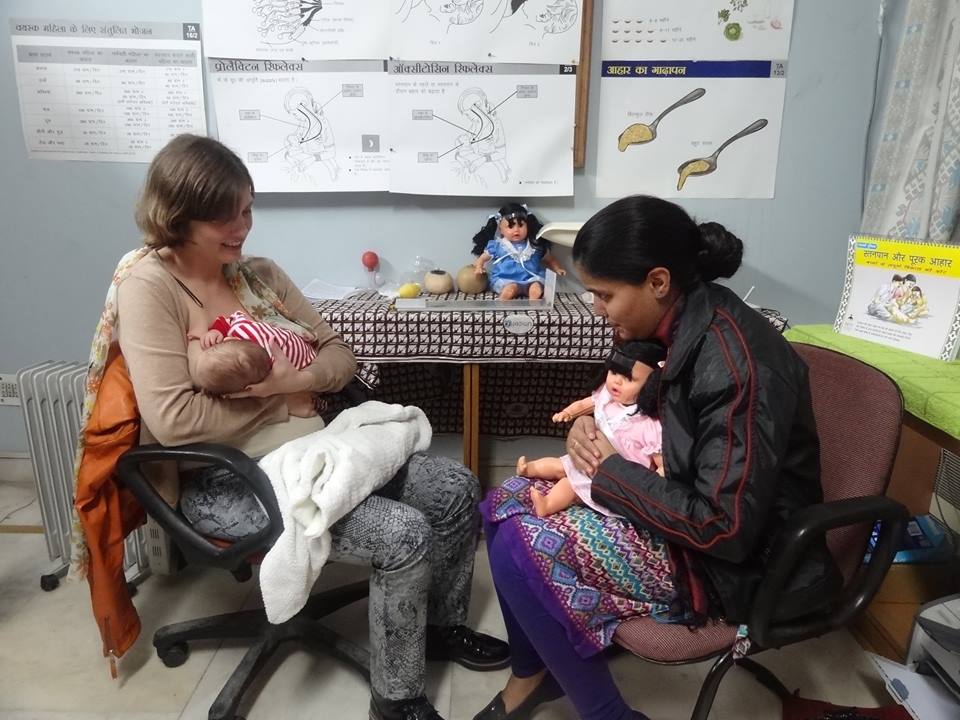
Nupur says, “This includes everything from breastfeeding to how to make use of complementary feeding methods. We give them training in soft skills, how to talk to young mothers, etc. It is a robust course and we’ve managed to include 16 states where we implement this training programme and have been doing so over the past 25 years. But this is one aspect of BPNI where we try to promote breastfeeding through health staff because our belief is that if you have skilled trainers/counsellors in the state, then the effects of this will trickle down.”
Recently, BPNI managed to create 120 mid-level trainers in Jharkhand, who in turn trained anganwadi and ASHA workers.
Help Create 2000 Breastfeeding Counselors
Unable to view the above button? Click here
Like this story? Or have something to share? Write to us: [email protected], or connect with us on Facebook and Twitter.
NEW: Click here to get positive news on Whatsapp!
This story made me
- 97
- 121
- 89
- 167
Tell Us More
We bring stories straight from the heart of India, to inspire millions and create a wave of impact. Our positive movement is growing bigger everyday, and we would love for you to join it.
Please contribute whatever you can, every little penny helps our team in bringing you more stories that support dreams and spread hope.







